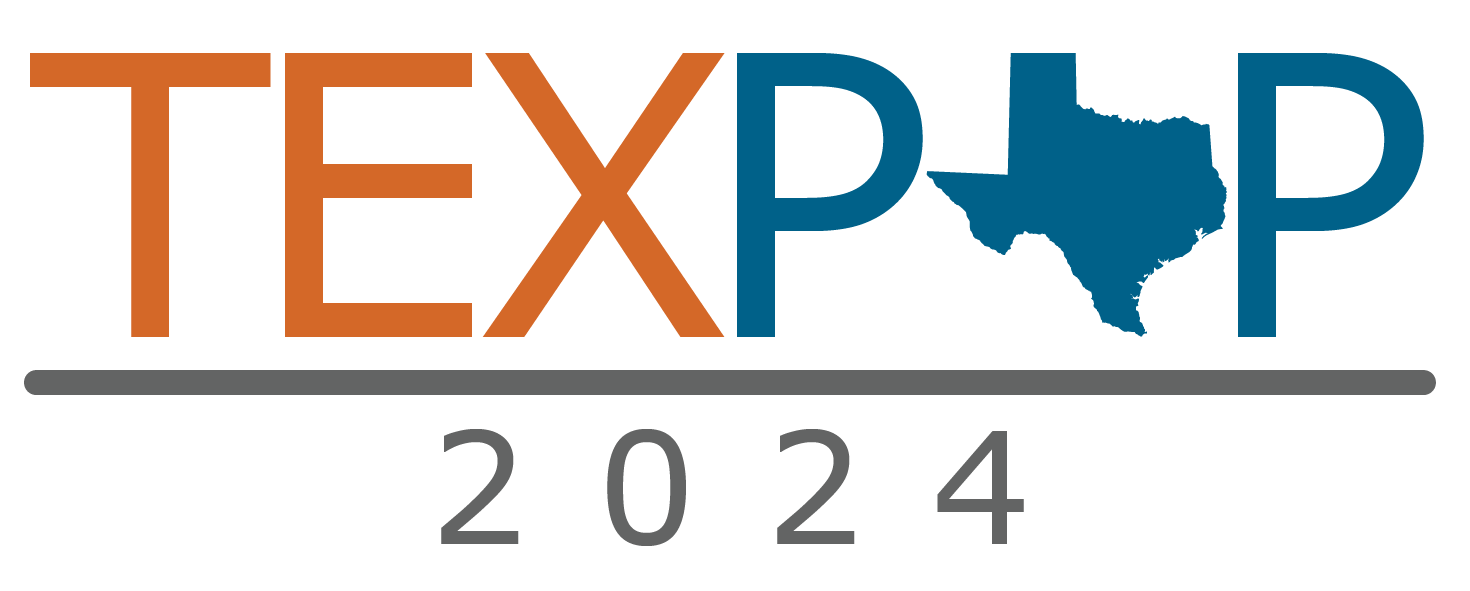Session G: Ending SGM Health Disparities Through Research & Engagement
Room 1.302D
1:00 pm-2:30 pm
Chair: Phillip Schnarrs, Associate Professor, Department of Population Health, Director, The Texas PRIDE Health Collaborative, Dell Medical School, UT Austin
Phillip Schnarrs, Associate Professor, Department of Population Health, Director, The Texas PRIDE Health Collaborative, Dell Medical School, UT Austin
Building Capacity for Research to End SGM Health Disparities
Tres Hinds, Postdoctoral Fellow, Research Affiliate, College of Education, Department of Kinesiology and Health Education, Steve Hicks School of Social Work, UT Austin
Is Tobacco A “Gay” Issue Yet? Findings From Generations
Jenny Spencer, Assistant Professor, Department of Population Health and Department of Medicine, UT Austin
Cervical Cancer Screening Barriers by Sexual Orientation
E. Ciszek, Associate Professor, Stan Richards School of Advertising & Public Relations, UT Austin
TGD Latinx individuals’ Experiences with Health Messaging
Session H: Race and Health
Room 1.302E
1:00 pm-2:30pm
Chair: Matthew Painter, Associate Professor, Director of Undergraduate Studies, University of North Texas
Ricardo Lowe, Postdoctoral Scholar, Race and Public Policy, Institute for Urban Policy Research and Analysis (IUPRA), UT Austin
Black and Some Other Race: Assessing Shifts in the Racial Codification of Afro-Latinos in the American Community Survey
Drew Schaefer, PhD Student, Demography and Population Studies, UT San Antonio
Race-Specific County Population Centroids and Distance to Endocrinology Health Care
Phillip Cantu, Assistant Professor, Internal Medicine, University of Texas Medical Branch
Racial Differences in Informant-reported Functional Decline and the Relationship to Caregiving Intensity


